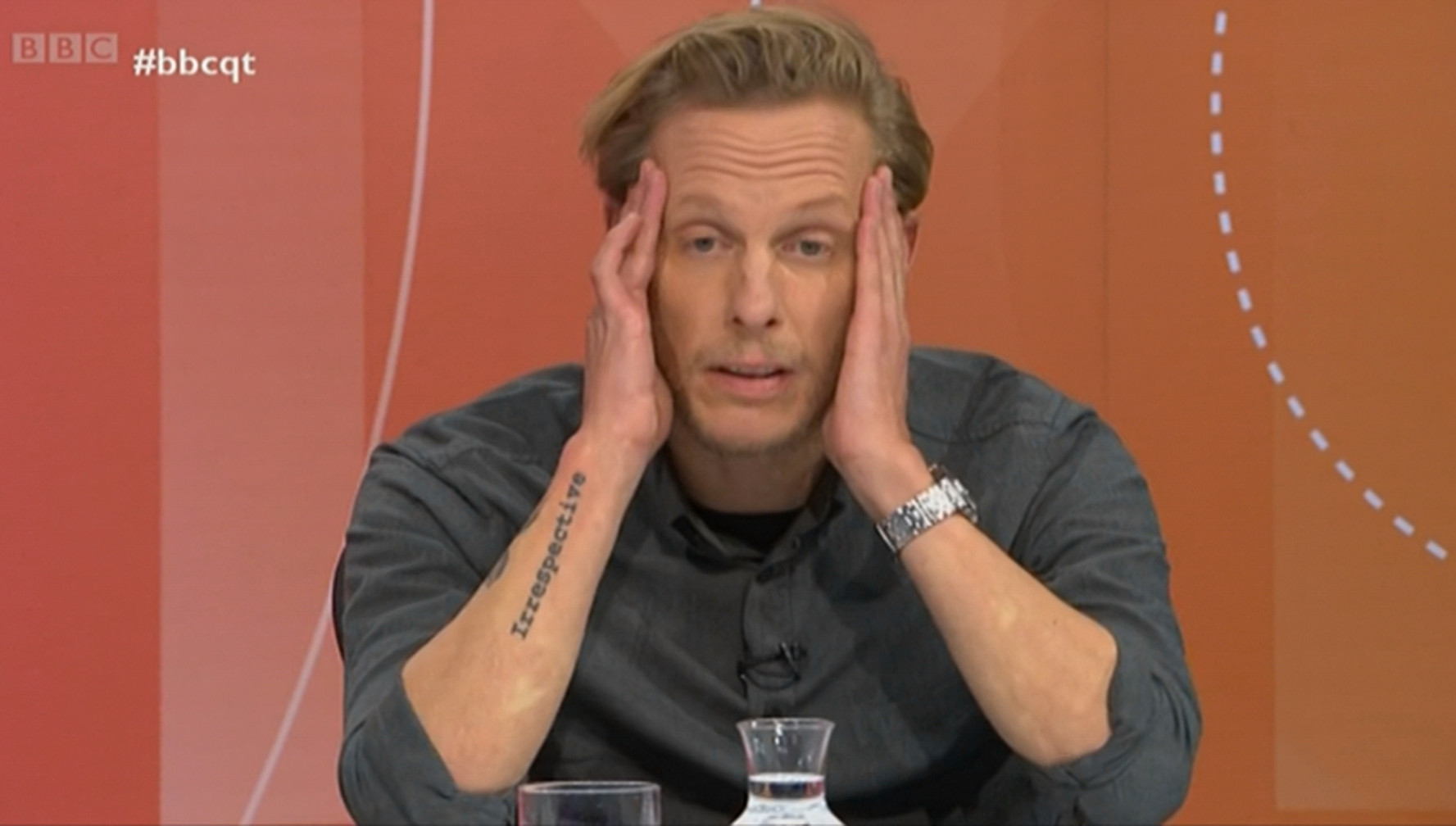Recently, the national conversation on Harry and Meghan saw the issue of racism raised on an episode of the BBC’s Question Time. Actor panellist, Laurence Fox, accused a member of the audience of racism. He sighed loudly after she pointed out his White privilege and its influence on his previous comments of how Britain is “the most tolerant, lovely country in Europe”.
Laurence’s comments and the attitudes behind them raise serious concerns relating to a dangerous rise in “woke bashing”, as well as to the broader conversation of race issues in the UK. This is also in conjunction with the rise in popularity and platform size of individuals such as Piers Morgan. These figures champion the idea of saying what “everyone else is thinking”. Should such controversial views be amplified by significant platforms?
Regarding “woke bashing”, attitudes and comments similar to Fox’s can be found on the platforms of commentators such as Piers Morgan, who present themselves as “speaking the truth”. Originally describing an individual as conscious or aware of social issues, “woke” has undergone a transformation into a pejorative term describing pretentiousness, virtue signalling, or complaining.
This is worrying, as the popularity of Morgan and others normalises a culture of dismissiveness and ridicule towards “woke” ideas and individuals. This can lead to the neglect of the social issues that they bring forward. Fox on Question Time can be seen as an example of this.
Fox’s accusation of racism saw the discussion surrounding ‘reverse racism’ gain attention. This is harmful as it fuels conversations on the wrong issues in society. ‘Reverse racism’ is a myth, as generations of abuse by a White-benefitting and dominated system causes the groups affected by these prejudices to naturally become mistrusting and critical of White society. The act of addressing and criticising racism and White privilege in the UK is what only can be described as a learned and logical response of an oppressed group, not racism.
The issue is the dissimilarity in the sizes of each group’s platforms. On the one hand, Morgan and his contemporaries have access to established and wide-reaching media outlets. Mainly via traditional media, they can present themselves and their views as common sense reflections of the population’s thoughts.
On the other hand, the majority of “woke” groups and individuals have access to far smaller platforms, usually on social media and in newspaper columns. This allows large platform “woke bashers” to broadcast discussions of their choosing and therefore control the agenda.
A large platform is therefore a valuable asset as it can be a legitimising factor for one’s argument in the eyes of many people. Viewers are going to be swayed by the polished appearance of someone defending societal norms and saying, “everything’s alright”. When confronted with “woke” and progressive ideas, many feel attacked or intimidated. This can be attributed partly to how the message and the messenger are presented.
These issues raise questions on if “woke bashers” should be denied such huge platforms. While no-platforming works in certain cases, it’s difficult to apply here. This is due to the fact that if Morgan or Fox were to be stripped of their platforms it would vindicate their arguments of a culture where political correctness has “gone mad”. Instead, “woke” agendas and individuals should be given equally-sized platforms in order to win the debate via actual discourse and argument.
“Woke” and progressive individuals should be granted significant platforms from which to defend themselves and spread their messages. This is to create discussion and debate, but to also prevent the neglect of real issues.
The playing field must be levelled if there is to be any chance of changing media attitudes on “woke” issues.
Image: The Sun

